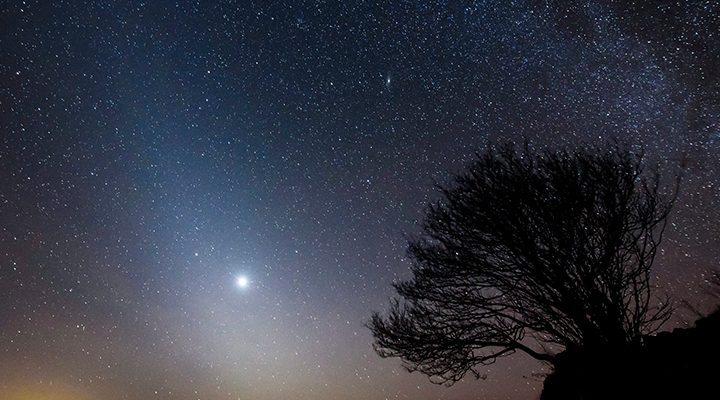Astronomers have reached a new milestone in planet-searching by discovering the first planets ever seen outside the Milky Way.
Researchers from the University of Oklahoma detected thousands of planets 3.8 billion light years away, extending the boundary of the known universe.
They made their discovery by using gravitational micro-lensing , a rare technique a concept first predicted.
Astronomer Xinyu Dai and researcher Eduardo Guerras used data from NASA’s Chandra X-ray Observatory to conduct their study.
The scientists were attempting to view another galaxy further away and ended up detecting a population of planets beyond the Milky Way, their sizes ranging from that of the Earth’s moon to that of Jupiter.
Based on their calculations there are about 2000 of these planets for every star beyond our galaxy, which means the lens galaxy could be home to more than a trillion planets.
This isn’t the first time astronomers claimed to have found extragalactic planets using micro-lensing.
In 2009, Italian researchers found a star in the Andromeda galaxy, with a planet about six times the size of Jupiter perhaps orbiting it. However, this was not further confirmed.
Microlensing can reveal surprising things but objects in space are not static and that gives limited time for a discovery to be made, as there are infinite galaxies in the sky.
The fact that the scientists might not have seen the planets at that specific time makes the discovery all the more remarkable, as they could have disappeared minutes later.
Guerras said: “This galaxy is located 3.8 billion light years away, and there is not the slightest chance of observing these planets directly, not even with the best telescope one can imagine in a science fiction scenario.
“However, we are able to study them, unveil their presence and even have an idea of their masses. This is very cool science.”
Keep up to date with City News on air, online and on TV. For all the latest information follow us on Twitter at @citylondonnews and Facebook at facebook.com/CityNewsLDN

